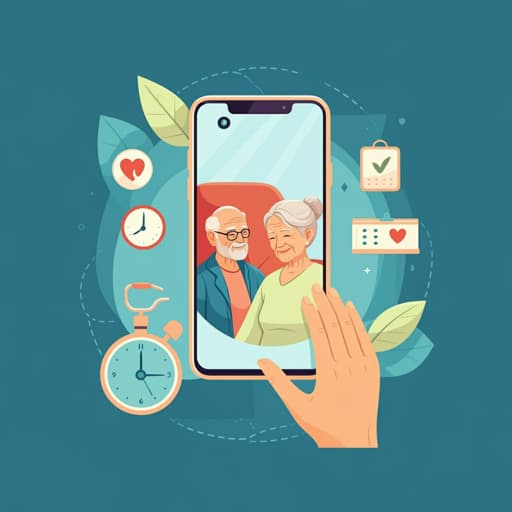
Medicine and Health
The potential of mHealth for older adults on dialysis and their care partners: What's been done and where do we go from here?
B. Burrows, N. Depasquale, et al.
Discover how mobile health (mHealth) could revolutionize self-care for older adults on dialysis and their caregivers. This research, conducted by Brett Burrows, Nicole Depasquale, Jessica Ma, and C Barrett Bowling, delves into the current landscape of mHealth applications, weighing their benefits against challenges, and calling for a more inclusive approach that prioritizes the unique needs of this population.
Related Publications
Explore these studies to deepen your understanding of the subject.







